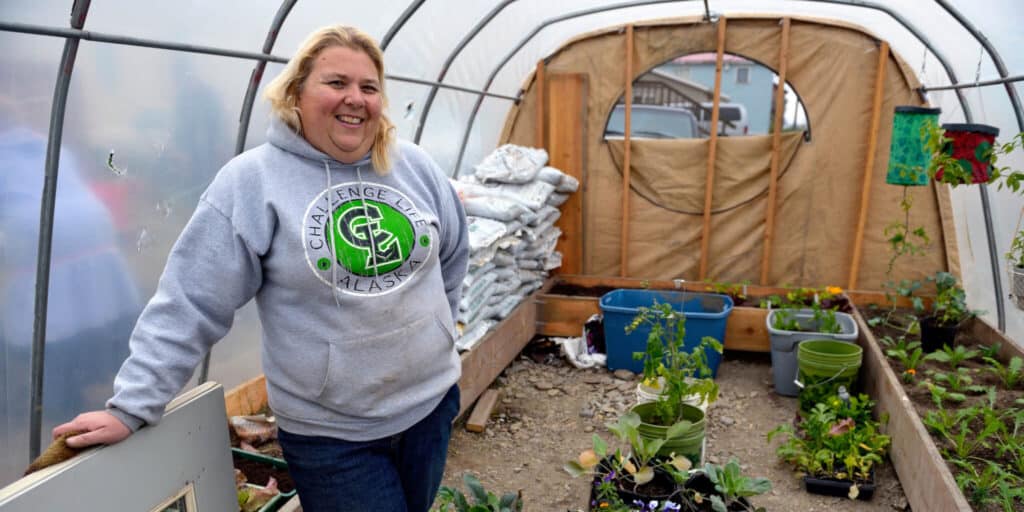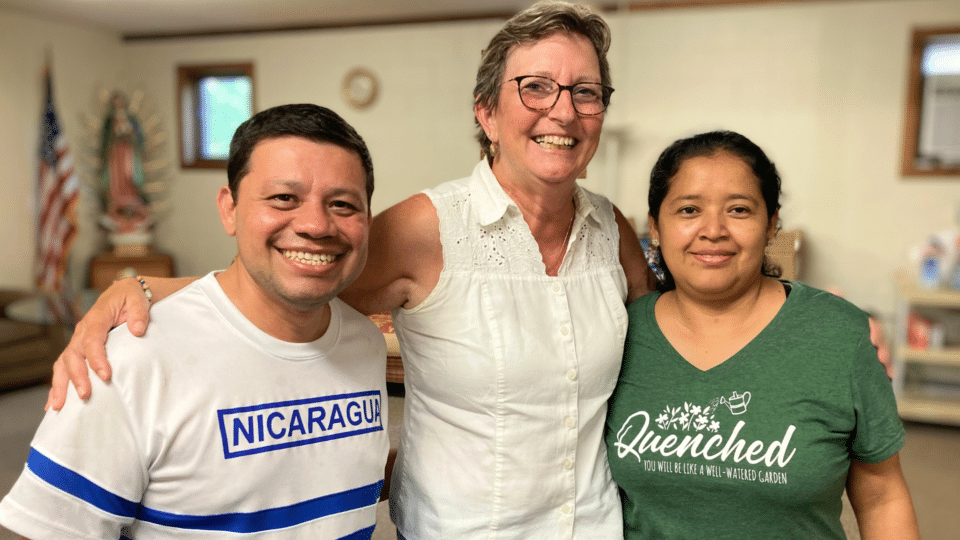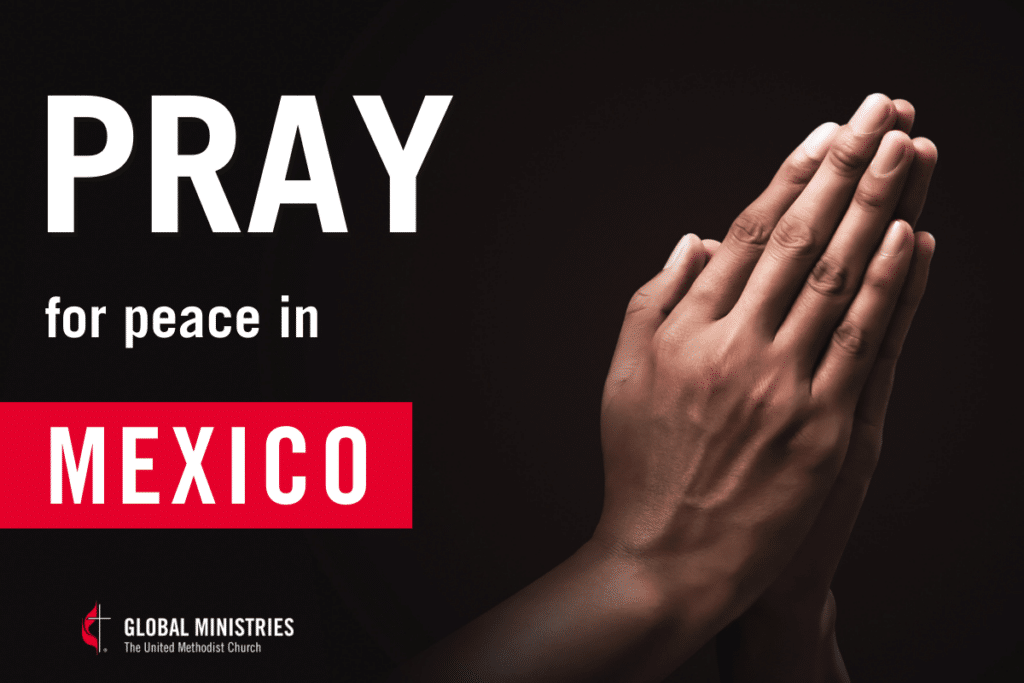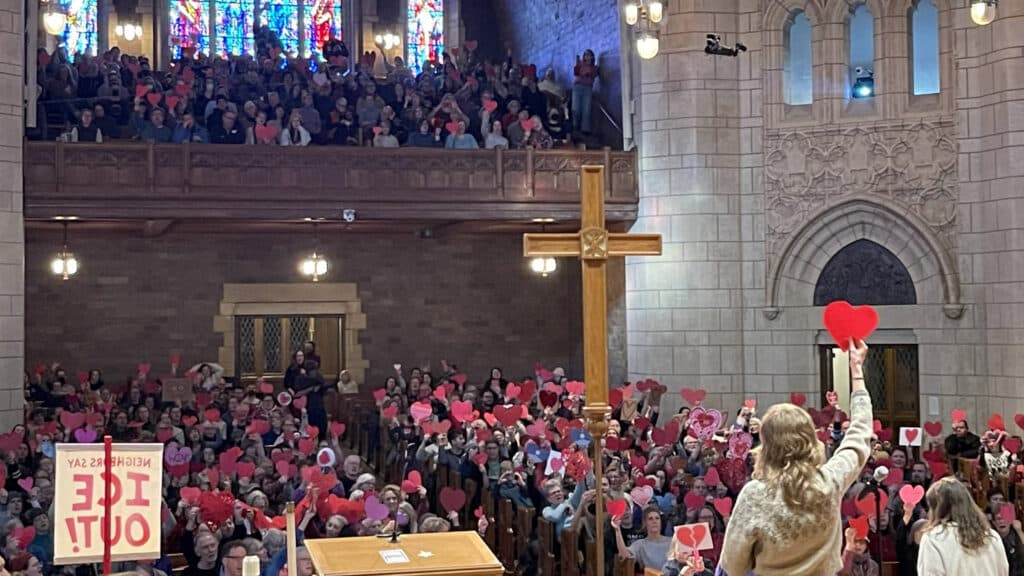As a component of the mission bicentennial celebration, Global Ministries has collected and shared stories of Methodists in mission on the bicentennial website: http://methodistmission200.org. I encourage you to visit the website, read some of these stories, and submit a story of your own. Reading the 200+ stories already on the website has given me a real appreciation of the breadth of Methodist mission over the last 200 years. Methodists have engaged in evangelism, social justice, health and healing, and education as forms of mission, among others. The wide variety of ways in which Methodists have participated in God’s mission is truly amazing!
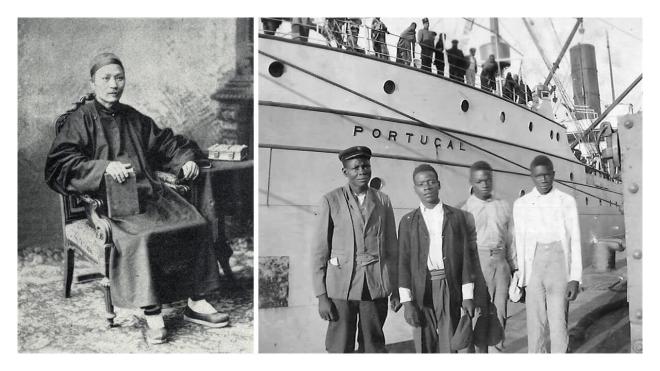
I have been struck, too, by the breadth of those Methodists engaged in mission as well as the breadth of the types of mission in which they were engaged. Today, Global Ministries frames missionaries as going “from everywhere to everywhere.” Certainly, our corps of missionaries is increasingly international compared to previous decades. Even so, if we look in the right places, we may discover that mission has always been “from everywhere to everywhere.”
Examples abound of people like Kanichi Miyama, a Japanese immigrant to the United States in the 19th century, who converted to Methodism in San Francisco, founded Japanese-American Methodism in both California and Hawaii, and eventually returned to Japan as a missionary.
In mission history, as in other types of history, we are too often tempted by the “great man” version of the past, in which the past is a series of heroic exploits by leading individuals, usually men, and usually white Western men at that. It is true that leaders such as William Taylor, James Thoburn, Walter Lambuth, John Springer, and John R. Mott made significant contributions to shaping Methodism.
But when we focus solely on such figures, we overlook some important truths about mission past and present. First, when we focus on great “men,” we overlook that mission has primarily been a women’s movement, both in terms of those who engage in mission and those who have supported mission. We also overlook the critical role that native leaders, usually unnamed and unnoted, have played in making disciples and in mobilizing the church to reach out to its surroundings.
By focusing only on the greats of whatever background, we miss the faithful, dedicated service of everyday people, ordained and lay, in mission. We miss stories such as Billie Rench of Michigan, who faithfully promoted mission among Methodists of the Detroit Conference for years. We may skip over Rhodes Chimonyo, who served for a long time as the treasurer of Methodism in Zimbabwe as a Person in Mission. Ed Ririe, who volunteered for 27 United Methodist Volunteer-in-Mission trips in his lifetime, died while on his last trip. It is ordinary people like these who make up the majority of Methodists involved in mission over the last 200 years; that make up the majority of Methodists involved in mission today, and that surely will be involved in mission in the future. We are all missionaries. And whether or not our deeds are written in the human annals of the history of mission, they will surely be recorded in the heavenly book.
These insights about Methodists in mission should, I believe, leave us with an empowering sense of humility. One of the recent developments in mission theory has been more attention to “mission from the margins.” While attention to mission from the margins may be new, such mission is not. Mission has often, perhaps even routinely, proceeded from the margins, the overlooked, the common, and the everyday. Mission depends not upon our stature in the eyes of the world, but on our faithfulness to Christ.
Dr. David W. Scott is the director of Mission Theology for the General Board of Global Ministries.
